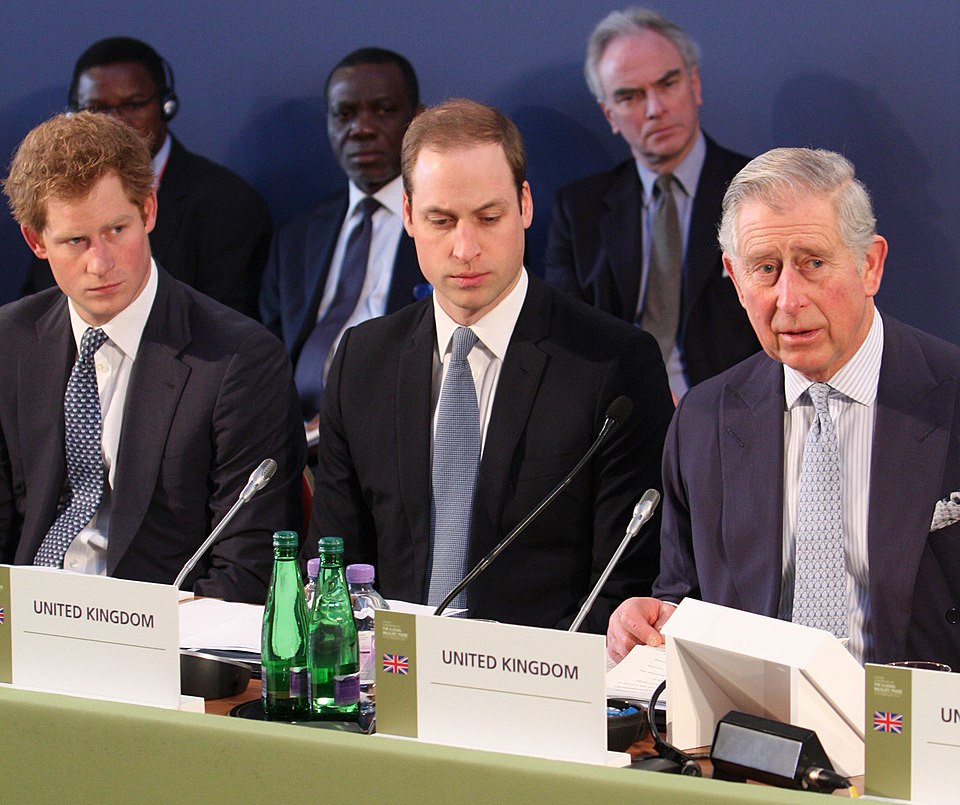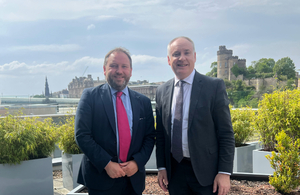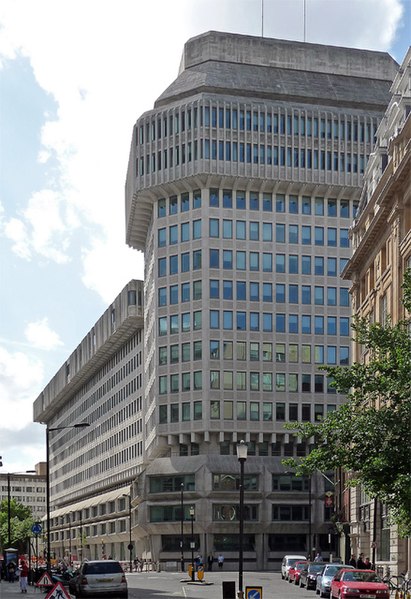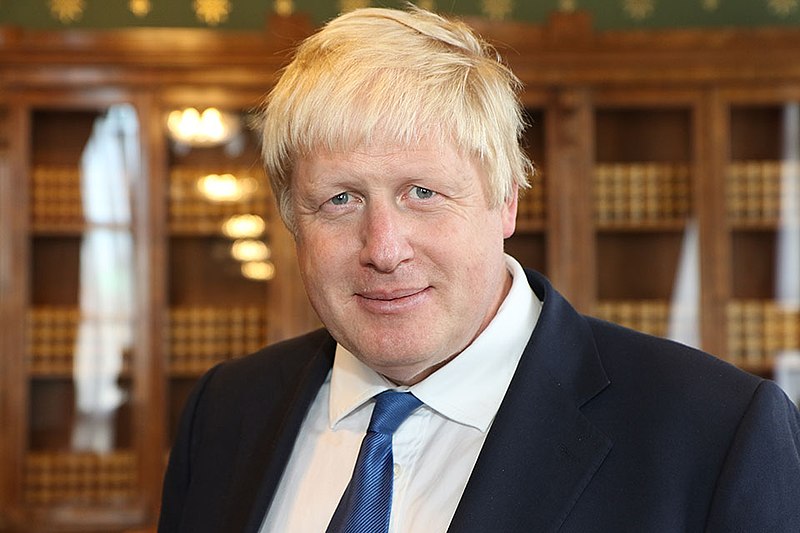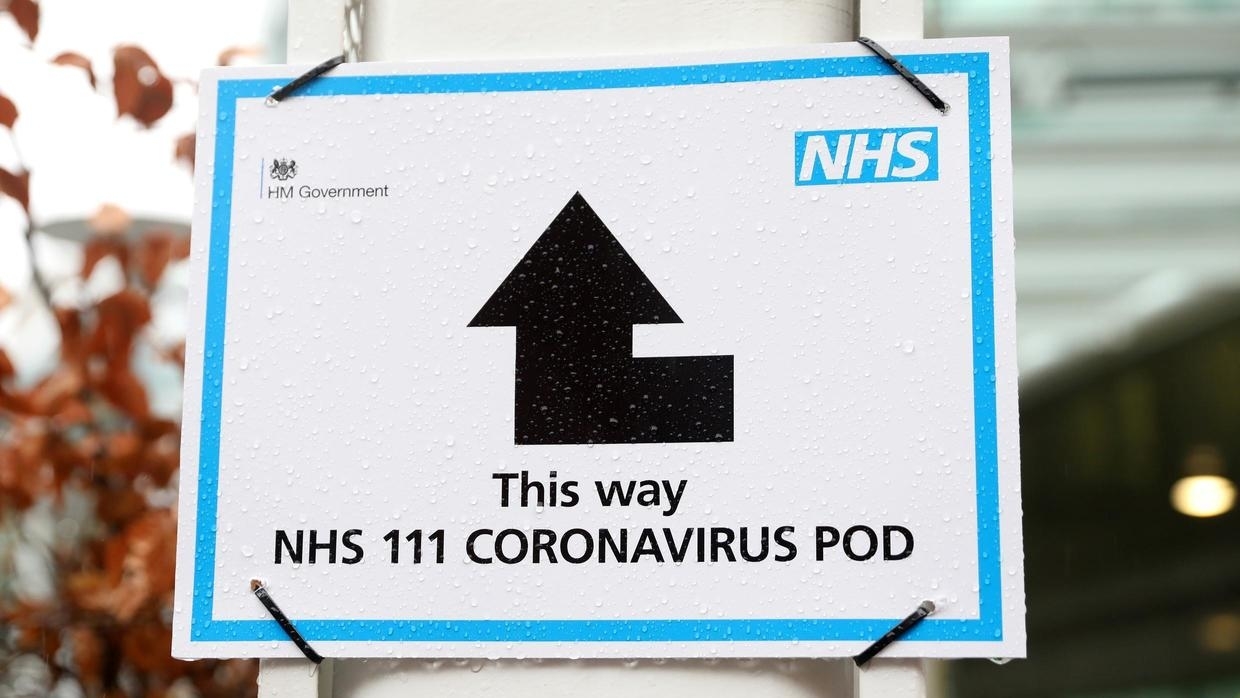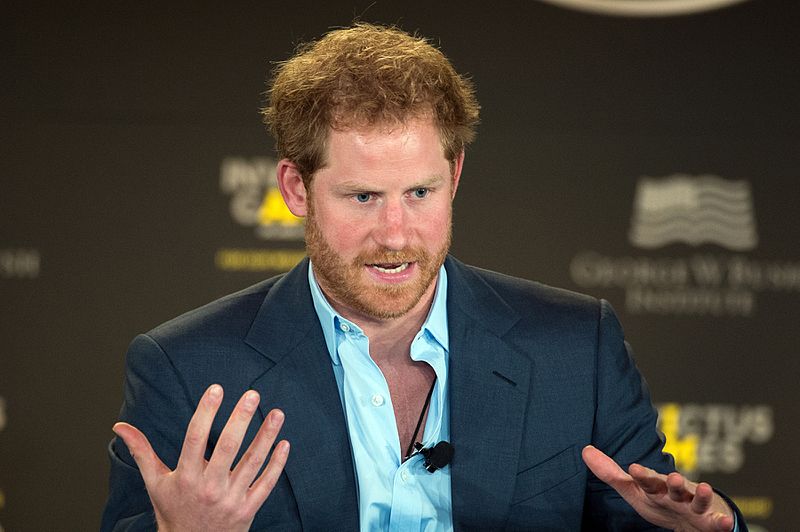
British businesses are expanding at their slowest rate since last year's recession, as many companies delay major decisions until after the July 4 election, according to a
survey released on Friday.
Opinion polls indicate that Keir Starmer's Labour Party is poised to return to power for the first time since 2010, while Prime Minister Rishi Sunak's Conservatives are expected to face a historic defeat.
The S&P Global Composite Purchasing Managers' Index (PMI) fell to 51.7 in June from 53.0 in May, marking its lowest point since November 2023 and missing all forecasts in a Reuters poll of economists.
"The slowdown partly reflects uncertainty around the business environment leading up to the general election, with many firms pausing decision-making," said Chris Williamson, chief business economist at S&P Global.
The composite PMI for the eurozone also declined sharply to 50.8 from 52.2, driven by a significant drop in German manufacturing activity and a broad-based decrease in business activity in France ahead of snap parliamentary elections, where the far-right is expected to perform well.
Starmer has expressed that he is "pro-business and pro-worker" and aims for Labour to be "the party of wealth creation," although not all businesses may benefit from his policies.
Norwegian energy giant Equinor has halted its efforts to sell a stake in the large Rosebank oil development in the North Sea due to political uncertainty. Labour has pledged to block new oil and gas exploration licenses and increase windfall taxes on energy companies.
June's slowdown was led by a decline in the services PMI to 51.2 from 52.9, while the smaller manufacturing sector PMI rose slightly to a two-year high of 51.4 from May's 51.2.
These figures suggest a quarterly GDP growth of 0.1%, according to Williamson.
On Thursday, the Bank of England revised its growth forecast for the second quarter of 2024 to 0.5% and reported that business surveys indicate underlying quarterly growth of around 0.25%—weak by historical standards but an improvement on 2023.
Official retail sales data for May, released earlier on Friday, showed a strong recovery after heavy rain caused a slump in April, while separate data indicated that consumer confidence reached its highest level since November 2021.
The Bank of England kept interest rates at a 16-year high on Thursday, though some policymakers noted that their decision was "finely balanced," reinforcing some economists' expectations of a rate cut in August.
However, the PMI data revealed that businesses increased prices at the fastest rate in four months, and input costs accelerated due to global shipping bottlenecks, after experiencing the weakest growth in more than three years in May.
"The rebound in PMI price balances suggests inflation pressures may exceed the Monetary Policy Committee's expectations," said Rob Wood, chief UK economist at Pantheon Macroeconomics, who anticipates that the Bank of England will wait until September before cutting rates. Photo by Philippe Salgarolo, Wikimedia commons.




